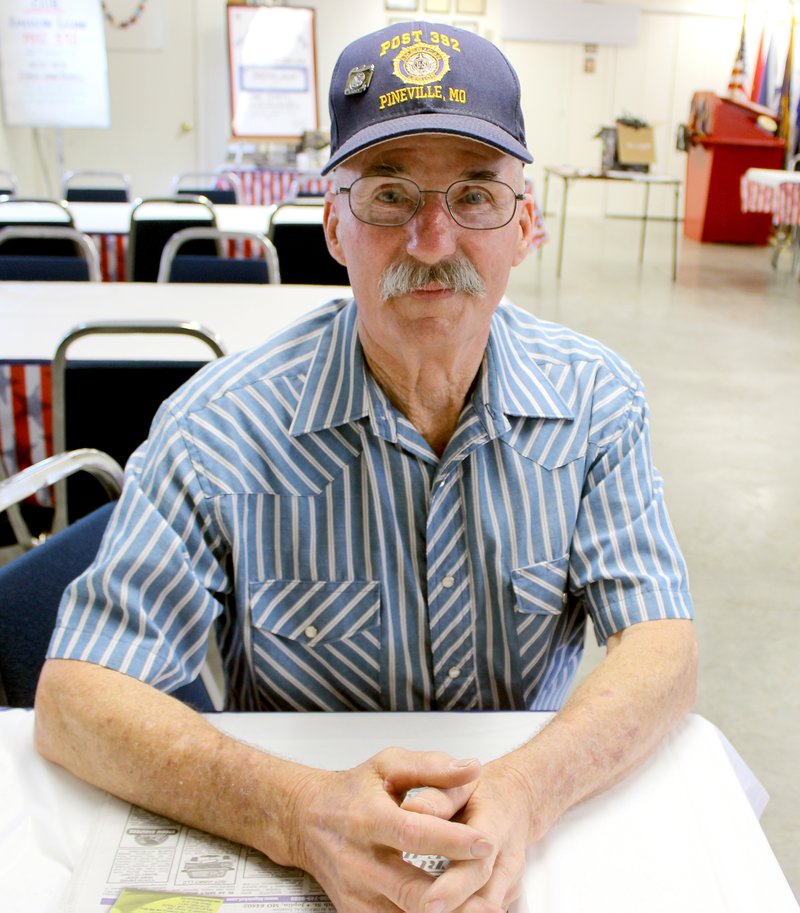Dwayne Potts was born in Durant, Okla., the capital city of the Choctaw Nation, in 1944. He spent his formative years in towns across Missouri and Oklahoma before migrating west in his mid-teens.
Potts settled in northern California where he worked as a crane operator before being drafted into the Army in the fall of 1965. Across the globe, in Vietnam, the first major battle of the Vietnam War involving U.S. forces would soon take place.
He was 21 years old at the time and had only been married to his wife, Nancy, for one month.
After completing basic training at Fort Polk in Leesville, La., Potts underwent advanced training at Fort Benning, just outside of Columbus, Ga. His new bride relocated alongside him both times. He remembers his first days in training being rather typical.
"It wasn't bad," Potts said. "I didn't have any problems with it like some people did. But I would have rather been home."
Once stationed abroad, Potts' knowledge of heavy machinery was utilized and he continued to operate a crane, this time loading and unloading containers filled with ammunition.
"My first job when I got over there was, I was assigned to a platoon of Marines and we tried to dig wells," Potts said. "Me, with the crane, and they had explosives. And, uh...that didn't work out too good."
To keep in touch with loved ones while abroad, Potts wrote letters. When asked how many letters he wrote while serving in the military, he laughs and quipped, "Not near enough to hear my wife tell it!"
Potts described his days in the military as busy and monopolized by work. When afforded recreational time, men would usually visit the nearest bar for a drink, given they were fortunate enough to have one nearby.
As discharge approached, Potts began to fall ill. For two weeks, he lay isolated in a Vietnamese hospital after being diagnosed with malaria, a contagious disease characterized by chills, fever and sweating. Once stateside, he spent a few more days hospitalized in San Francisco before being released.
At 14 months after conscription, Potts' service came to an end. He and his comrades parted ways and eagerly returned home, but with their departures, a rarely replicated bond was disbanded.
Since 1919, the American Legion has provided countless veterans a platform on which to rekindle an irreplaceable sense of brotherhood that spans generations. The Legion is a service organization devoted to mutually benefiting service members and veterans as well as the community. Each post strives to mentor local youth, sponsor wholesome programs, advocate patriotism and honor, promote national security and continually support the armed forces.
Up until three years ago, when Potts stopped by the local post's booth at Jesse James Days, he knew very little about the organization. Regardless, soon after Dennis Kirk invited him to attend a meeting, he joined and quickly became an active member.
"It's a really good organization and it does a lot to help our veterans," Potts said.
Today, both Mr. and Mrs. Potts regularly attend Legion sponsored events.
Community on 05/21/2015
